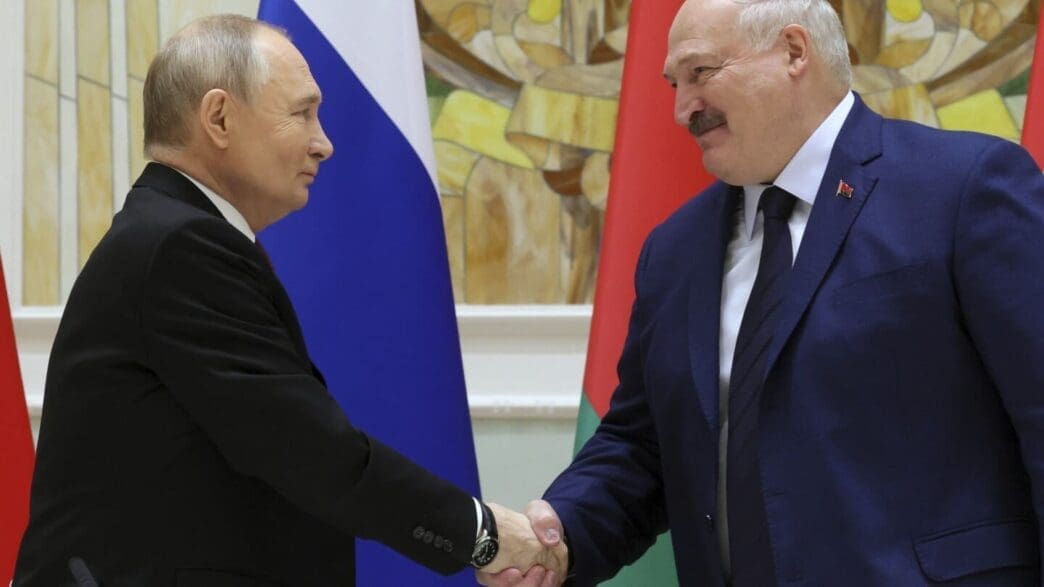Belarusian President Alexander Lukashenko has granted pardons to 29 political prisoners amidst claims of ongoing repression in the Eastern European nation.
Human rights organizations have highlighted this development as part of a broader pattern of inconsistent policies by Lukashenko’s administration. While the release of these individuals might seem like a step towards leniency, experts caution that it is overshadowed by broader issues of suppression in Belarus.
The Belarusian government has not disclosed specific names of those pardoned, but it is known that the group included 11 women and 18 men, many of whom suffer from chronic illnesses or disabilities. According to official statements, all individuals expressed remorse for their previous actions and petitioned for clemency.
Notably absent from this list are prominent opposition figures like Nobel laureate Ales Bialiatski, and key dissidents such as Siarhei Tsikhanouski and Viktar Babaryka. These individuals, along with others, remain incarcerated, cut off from communication with the outside world since late 2023.
This recent pardon marks the seventh such act by Lukashenko in the past six months, with 178 political prisoners released in total. Most of those freed were originally detained following the contentious 2020 presidential election, which many observers and organizations have labeled fraudulent.
Pavel Sapelka, a spokesperson for the human rights group Viasna, remarked that these actions send mixed signals internationally. He noted, “Lukashenko is sending contradictory signals to the West, with twice as many people put in prison as have been pardoned.”
Despite the pardons, reports from Viasna indicate that the environment for political prisoners in Belarus remains harsh. Authorities allegedly prevent detainees from meeting with legal representatives and family members, restrict medical care, and impose severe living conditions. These factors have reportedly contributed to the deaths of at least seven political prisoners since 2020.
As Belarus gears up for a new presidential election in January 2025, preparations appear to coincide with increased levels of persecution. Critics argue that Lukashenko’s actions are strategic, aimed at presenting a softened image while maintaining strict control over dissent.
Alexander Lukashenko, who has governed Belarus for over three decades, continues to be a pivotal ally to Russia’s Vladimir Putin. In recent years, Belarus has permitted Russian military activities on its soil, further entrenching its geopolitical ties with Moscow.
While the release of 29 political prisoners in Belarus may seem like progress, it is tempered by a backdrop of ongoing repression. Observers remain skeptical of President Lukashenko’s intentions, especially with the approaching 2025 elections. The international community will likely continue to scrutinize Belarus’ human rights practices and political climate as developments unfold.
Source: Apnews








